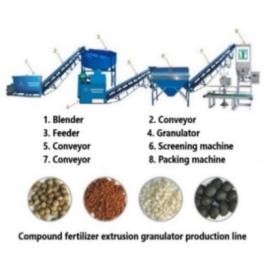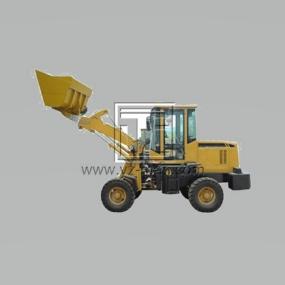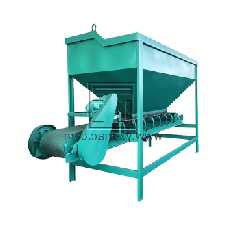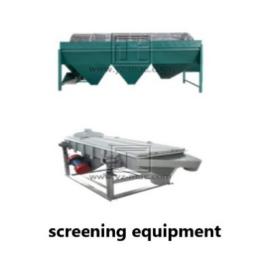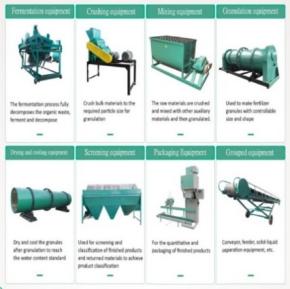Compost large scale
Composting on a large scale refers to the process of managing and processing organic waste materials in significant quantities to produce compost.
Waste Management:
Large-scale composting offers an effective solution for managing organic waste materials. It allows for the diversion of significant volumes of waste from landfills, reducing the environmental impact associated with landfilling and promoting sustainable waste management practices. By composting organic waste, valuable resources can be recovered and utilized to produce nutrient-rich compost.
Efficient Processing:
Composting on a large scale enables the efficient processing of substantial quantities of organic waste. Large composting facilities utilize specialized equipment, such as windrow turners, mixers, and screening machines, to handle and process the materials efficiently. These facilities are designed to handle high volumes of waste and optimize the composting process for maximum productivity.
Nutrient Recycling:
Large-scale composting facilitates the recycling and recovery of nutrients from organic waste. Through the composting process, organic matter is broken down and transformed into nutrient-rich compost. This compost can be used as a natural fertilizer, returning valuable nutrients back to the soil. Nutrient recycling through large-scale composting promotes sustainable agriculture practices and reduces reliance on chemical fertilizers.
Soil Improvement:
The use of compost produced through large-scale composting can significantly improve soil quality and fertility. The application of compost enhances soil structure, water retention, and nutrient availability. It enriches the soil with organic matter, promotes beneficial microbial activity, and contributes to long-term soil health and productivity.
Greenhouse Gas Reduction:
Large-scale composting plays a role in reducing greenhouse gas emissions. When organic waste is sent to landfills, it decomposes anaerobically and produces methane, a potent greenhouse gas. By diverting organic waste to composting facilities, methane emissions are significantly reduced. Composting promotes the aerobic decomposition of organic materials, minimizing methane production and contributing to climate change mitigation.
Economic Opportunities:
Large-scale composting operations can create economic opportunities in terms of job creation and the development of a compost market. These facilities require skilled workers for various tasks, including waste collection, sorting, composting process management, and compost product marketing. The produced compost can be sold to agriculture, landscaping, and gardening sectors, generating revenue and supporting local economies.
Regulatory Compliance:
Large-scale composting facilities are subject to environmental regulations and guidelines to ensure proper waste management and compost quality. Compliance with these regulations helps protect the environment, safeguard public health, and maintain the integrity of the compost product. Large-scale composting operations are responsible for adhering to applicable regulations, including waste handling, odor control, and runoff management.
Research and Innovation:
Large-scale composting operations often serve as centers for research and innovation in waste management and composting technologies. These facilities provide opportunities for testing and implementing new composting techniques, optimizing processes, and exploring innovative approaches to maximize resource recovery and improve compost quality. Research and innovation in large-scale composting contribute to advancements in sustainable waste management practices.
In summary, composting on a large scale offers numerous benefits, including effective waste management, efficient processing, nutrient recycling, soil improvement, greenhouse gas reduction, economic opportunities, regulatory compliance, and opportunities for research and innovation.



